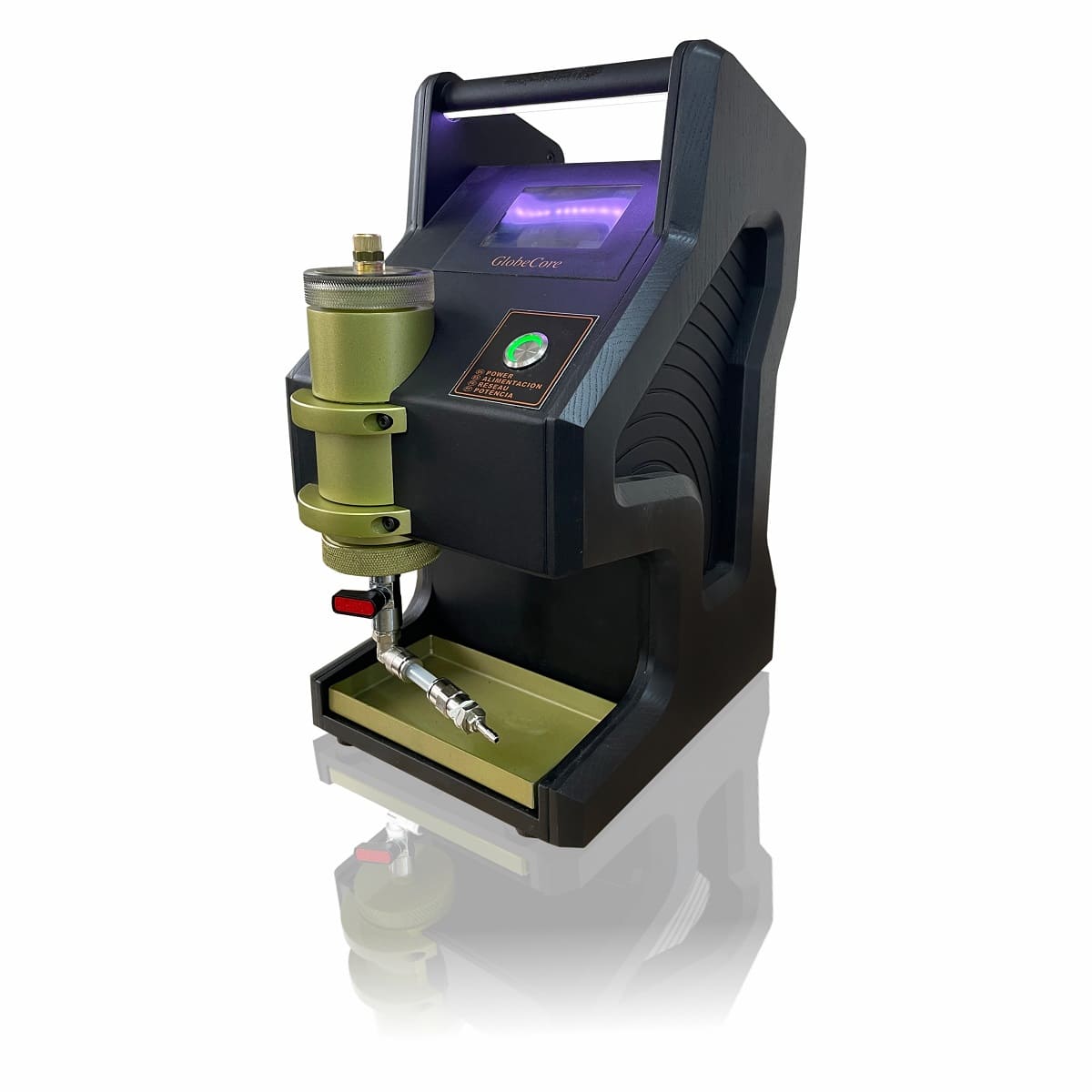What is the theory behind the dielectric strength experiment for transformer oil?
- This topic has 1 reply, 2 voices, and was last updated 1 year, 3 months ago by .
Answers
-
September 7, 2024 at 5:01 pm by Fatima Alhassan
The theory behind the dielectric strength experiment for transformer oil focuses on measuring the oil’s ability to withstand electrical stress without breaking down. Dielectric strength is a critical property of transformer insulation, as it indicates how effectively the oil can insulate and prevent electrical discharges, which can lead to equipment failure. By applying a progressively increasing voltage across a sample of transformer oil, the point at which the oil undergoes electrical breakdown is identified. The dielectric strength is then calculated, typically expressed in kilovolts per millimeter (kV/mm). This measurement is vital for ensuring the reliability and safety of transformers, as oils with inadequate dielectric strength can compromise insulation integrity, leading to potential catastrophic failures. In utilizing Globecore products, such as the oil dielectric strength tester, users can accurately determine the condition of transformer oil and make informed decisions regarding maintenance and replacement, ensuring optimal performance and longevity of the electrical equipment.



